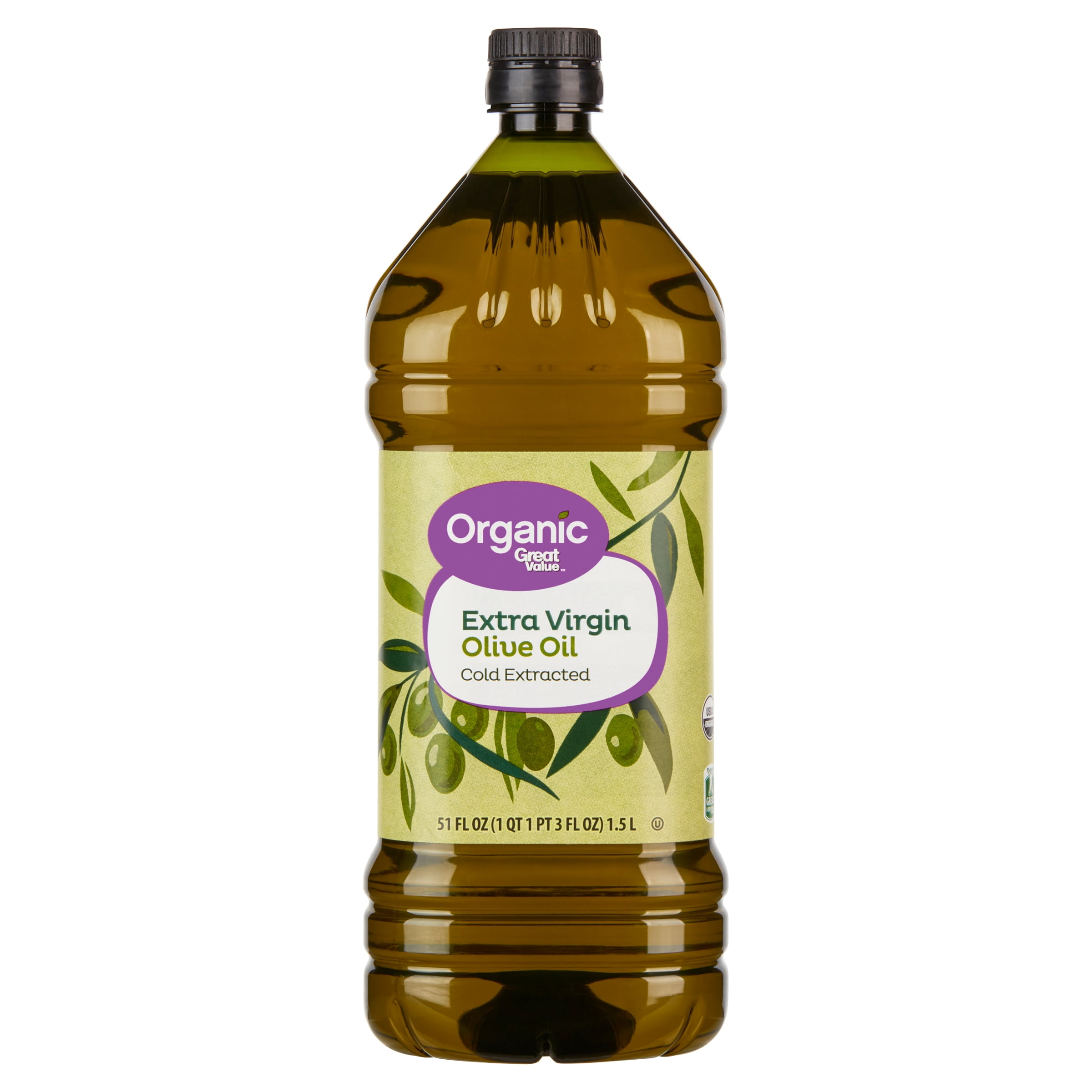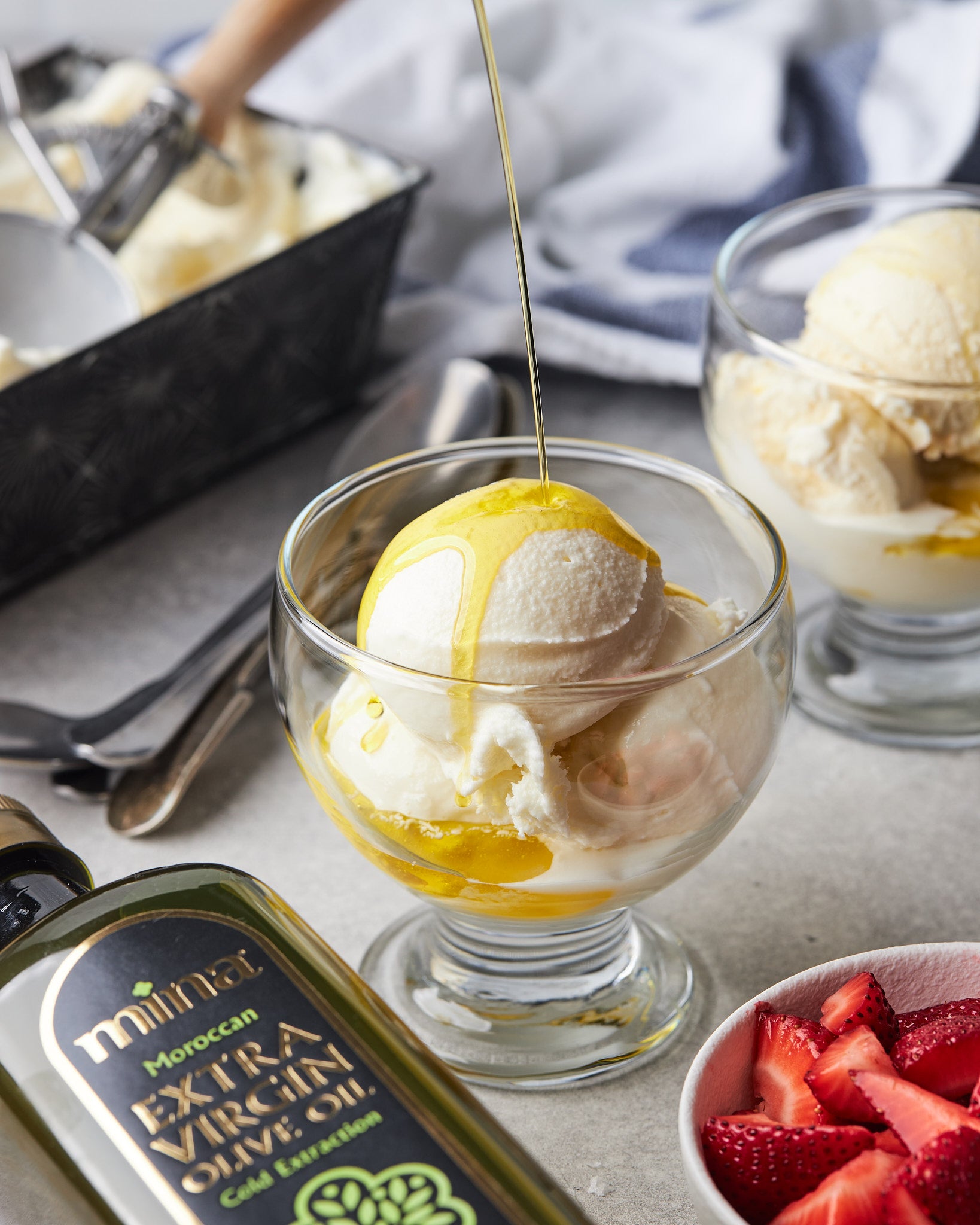Extra Virgin Olive Oil Benefits: A Powerful Antioxidant for Your Body
Extra Virgin Olive Oil Benefits: A Powerful Antioxidant for Your Body
Blog Article
Discovering the Various Kinds of Olive Oil and Their Uses, Including Extra Virgin Olive Oil
The expedition of olive oil incorporates a diverse variety of kinds, each offering distinctive flavors and culinary applications. Bonus virgin olive oil, renowned for its remarkable high quality and health advantages, serves as a staple in several kitchens, yet it is just one facet of this complex component. extra virgin olive oil benefits. Various other ranges, such as refined and pure olive oils, additionally call for attention for their special residential properties and uses. Comprehending these differences can dramatically affect both food preparation techniques and taste profiles. What, then, should one take into consideration when choosing the appropriate olive oil for a particular cooking endeavor?
What Is Olive Oil?
Derived from the fruit of the olive tree, olive oil is a staple in Mediterranean food and an essential active ingredient in numerous culinary applications. This flexible oil is created by pushing entire olives, resulting in a liquid that varies in taste, scent, and shade depending upon the sort of olives utilized, the area of farming, and the extraction process. Olive oil is primarily composed of monounsaturated fats, especially oleic acid, which is known for its prospective health benefits, including anti-inflammatory properties and cardiovascular support.
In addition to its cooking usages, olive oil has a long history of application in conventional medicine and skincare, owing to its rich antioxidant web content (extra virgin olive oil benefits). The oil is usually used in dressings, marinades, and for cooking methods such as sautéing and roasting. Its distinctive taste profile can enhance the taste of various dishes, making it a vital component for both home chefs and specialist cooks
Moreover, olive oil is commemorated for its function in the Mediterranean diet, which is associated with numerous health benefits. As recognition of these benefits grows, olive oil remains to obtain appeal worldwide as a basic element of a healthy lifestyle.
Kinds of Olive Oil
Comprehending the different sorts of olive oil is crucial for both cooking enthusiasts and health-conscious customers. Olive oil is identified largely based on its removal technique and quality, which substantially influences its aroma, health, and flavor benefits.

Light olive oil, despite its name, refers to a lighter flavor and not reduced calories. It is ideal for those looking for a much more subtle taste in sauces and dressings. In addition, there are flavorful olive oils infused with natural herbs, seasonings, or citrus, which can improve meals without the need for added spices.
Each type of olive oil serves details culinary purposes, and understanding these differences permits consumers to make enlightened options that align with their food preparation styles and health objectives.
Additional Virgin Olive Oil
Extra virgin olive oil (EVOO) is extensively considered the best quality olive oil offered, popular for its abundant flavor and countless health and wellness benefits. To be categorized as extra virgin, the oil needs to be produced from fresh olives utilizing mechanical procedures, without making use of solvents or too much warm. This thorough technique maintains the oil's natural tastes, antioxidants, and healthy and balanced fats, resulting in an item with a reduced acidity degree of less than 0.8%.
EVOO is plentiful in monounsaturated fats, particularly oleic acid, which is linked to lowered inflammation and enhanced heart wellness. It also has polyphenols, powerful antioxidants that may provide protective impacts against persistent conditions. The flavor account of EVOO can vary substantially depending upon the olive range and region of production, varying from grassy and fruity to robust and sharp.

Culinary Utilizes of Olive Oil

In food preparation, olive oil can be utilized for sautéing, toasting, and barbecuing, giving a healthier alternative to butter or various other fats. Its high smoke point makes it ideal for numerous cooking approaches, while its antioxidants contribute to a heart-healthy diet. Sprinkling olive oil over ended up dishes, such as pasta, fish, or barbequed vegetables, can boost tastes and include a touch of look at more info sophistication.
Furthermore, olive oil plays a substantial function in baking, where it can replace conventional fats in recipes for bread and breads, giving wetness and a refined taste. It also functions as a base for infused oils, allowing cooks to explore flavors such as garlic, natural herbs, or chili, additionally expanding its cooking potential. Generally, olive oil's convenience makes it important in both home and professional kitchens.
Deciding On Quality Olive Oil
When picking high quality olive oil, it's important to consider numerous crucial aspects that affect the product's fragrance, flavor, and wellness benefits. Decide for extra virgin olive oil (EVOO), which is derived from the first cold pressing of olives and consists of the highest possible levels of anti-oxidants and useful substances. Look for oils that are accredited by recognized organizations, as this usually makes certain adherence to strict quality standards.
The packaging likewise plays a considerable role in preserving the oil's integrity. Choose oils stored in dark glass bottles or tins to protect versus light destruction. Focus on the harvest date; fresher oils provide superior flavor and dietary value, so choose items that are within 18 months of their harvest.
Be conscious of the preference; a great high quality olive oil need to have an equilibrium of fruity, bitter, and peppery notes, suggesting its splendor and intricacy. By assessing these aspects, you can ensure you are choosing the best olive oil for your culinary needs.
Conclusion
In summary, the expedition of numerous kinds of olive oil exposes distinct attributes and applications, with added virgin olive oil standing for the pinnacle of high quality due to its reduced acidity and high antioxidant content. Understanding the different varieties of olive oil allows for informed click here for info options in cooking techniques, advertising healthier techniques while improving the total gastronomic experience.
Acquired from the fruit of the olive tree, olive oil is a staple in Mediterranean cuisine and a key active ingredient in various culinary applications.The most usual types of olive oil include improved olive oil, pure olive oil, and light olive oil.Extra virgin olive oil (EVOO) is commonly pertained to as the highest high quality olive oil readily available, well known for its abundant taste and numerous health and wellness advantages. Decide for extra virgin olive oil (EVOO), which is obtained from the first chilly pushing of olives and has the highest levels of antioxidants and valuable compounds.In summary, the exploration of different types of olive oil exposes distinct characteristics and applications, with additional virgin olive oil standing for the peak of quality due to its low acidity and high antioxidant content.
Report this page